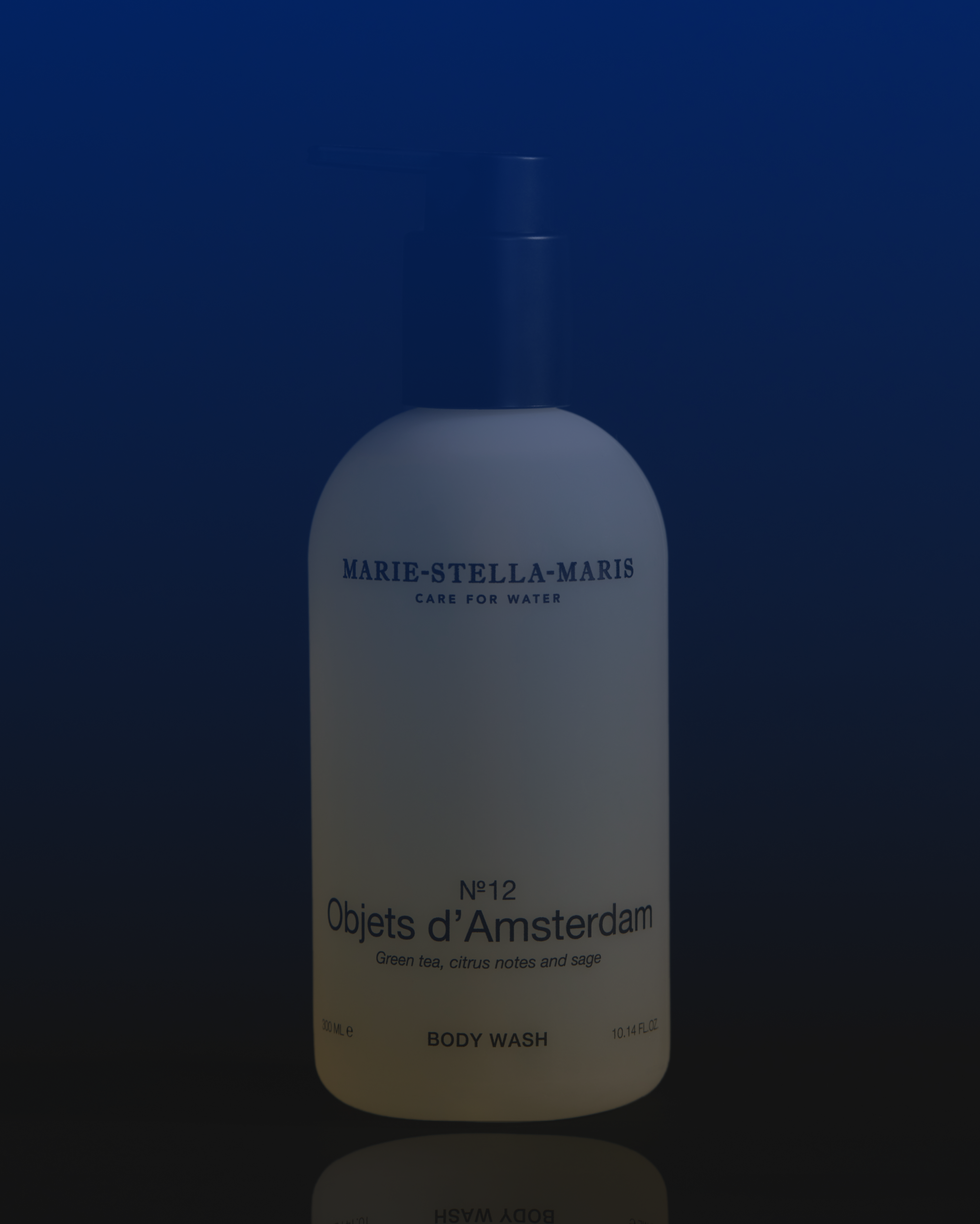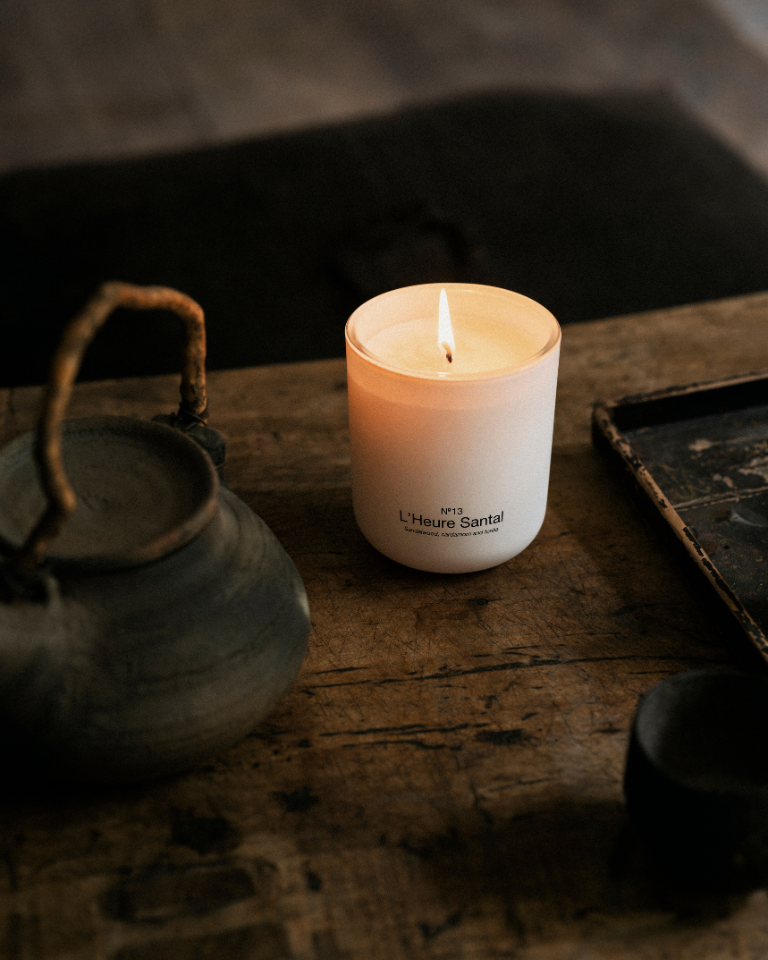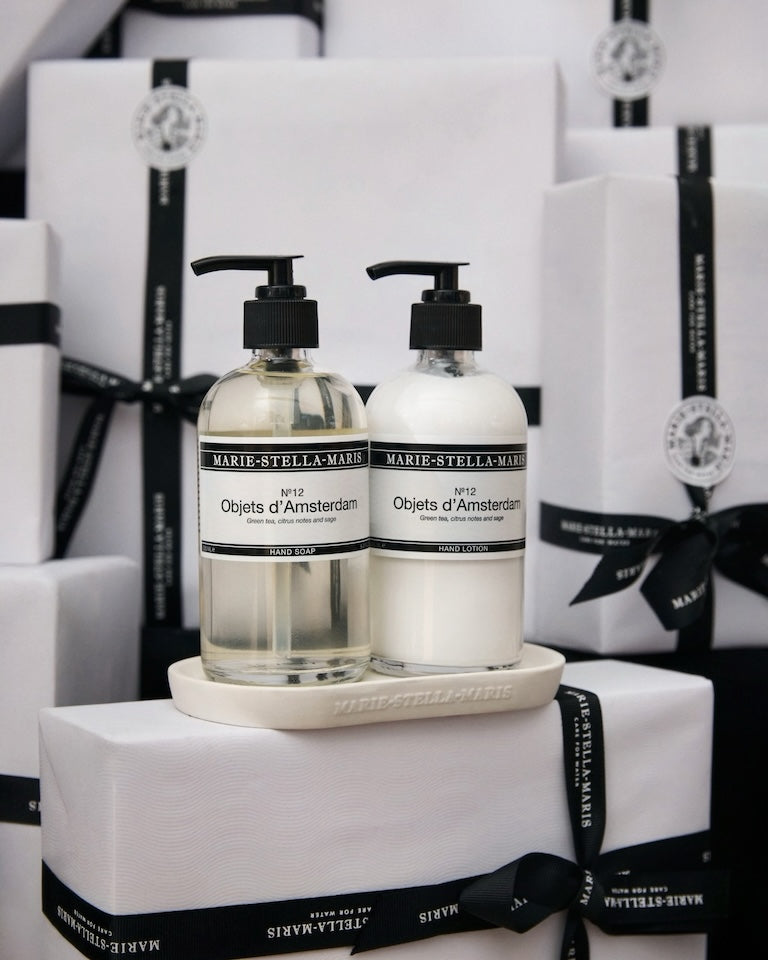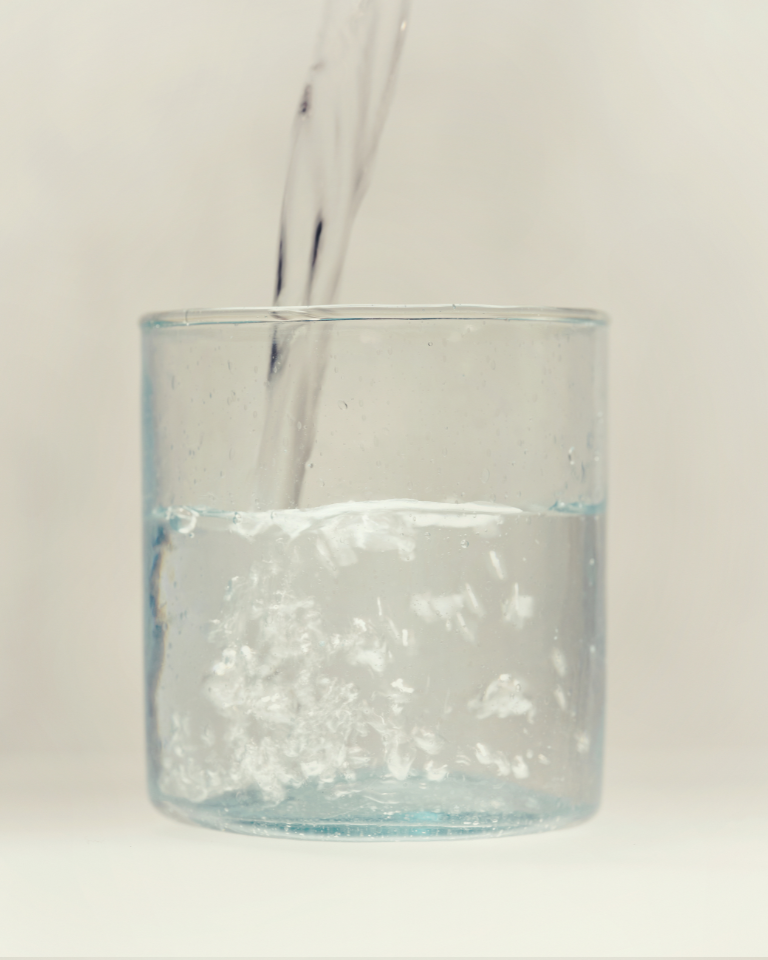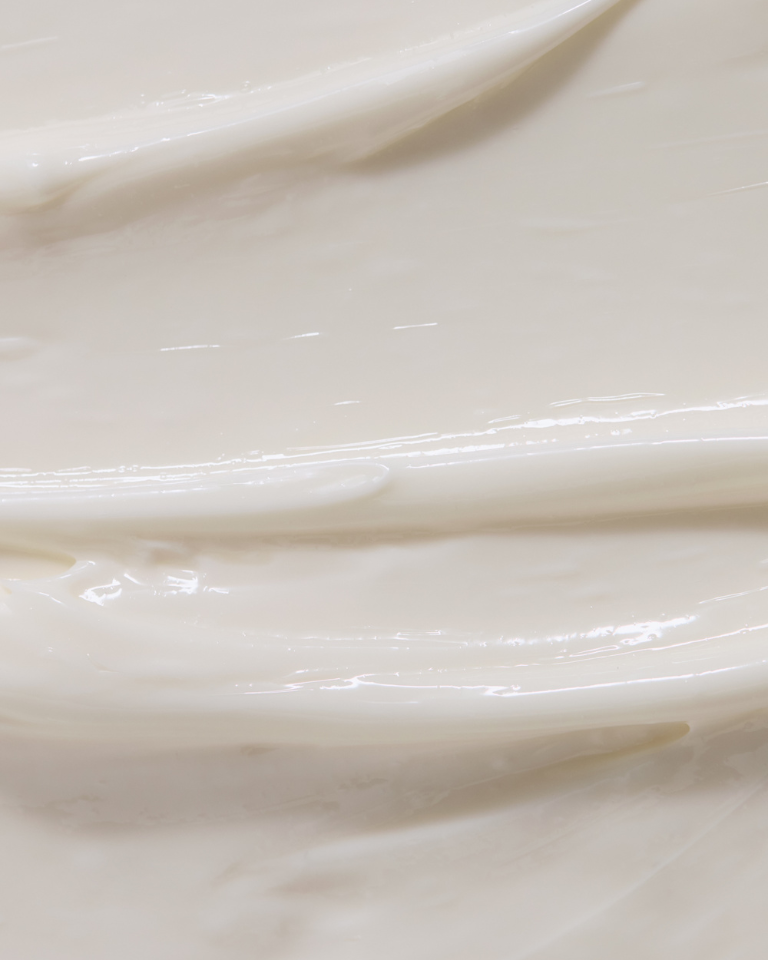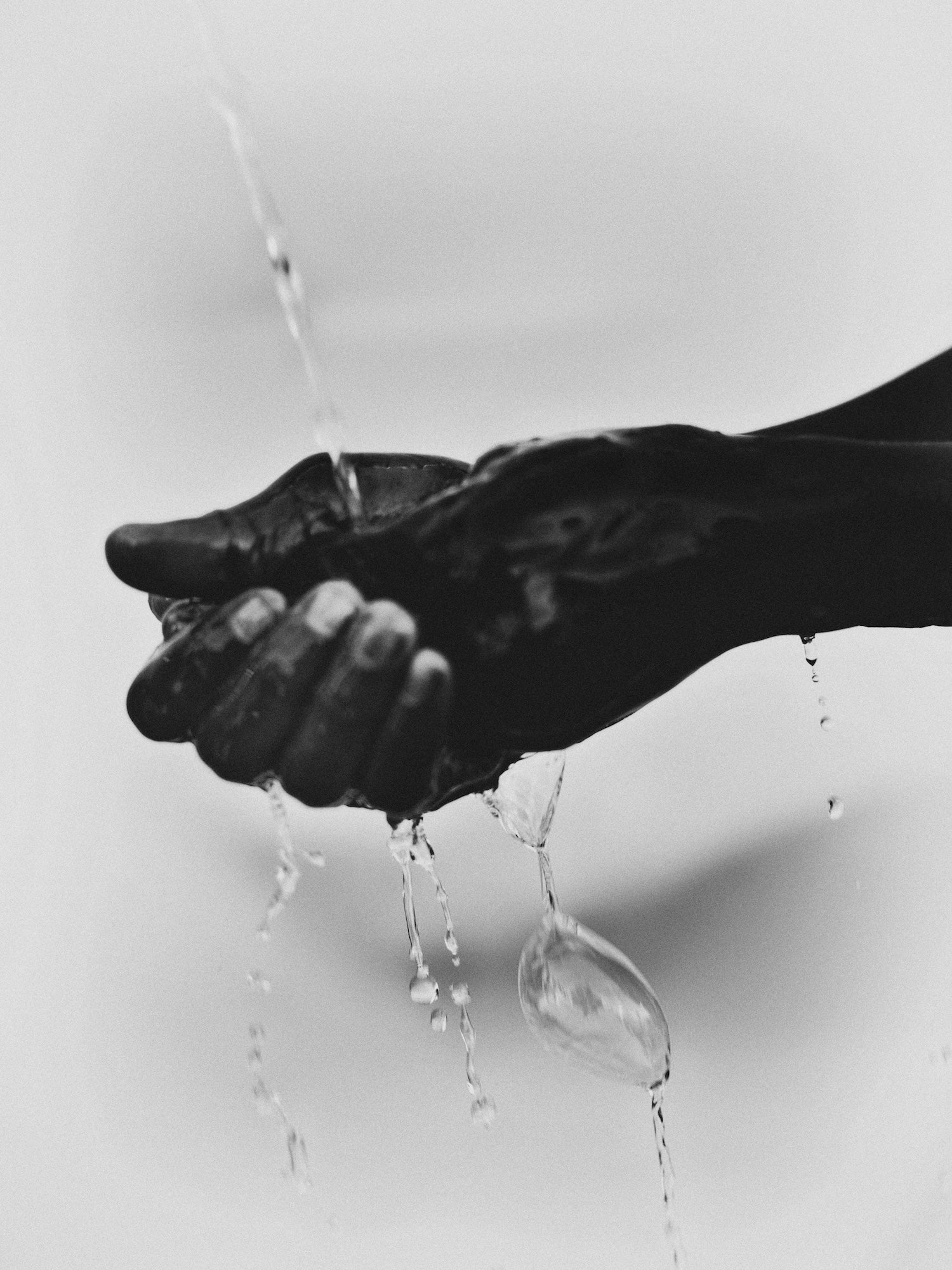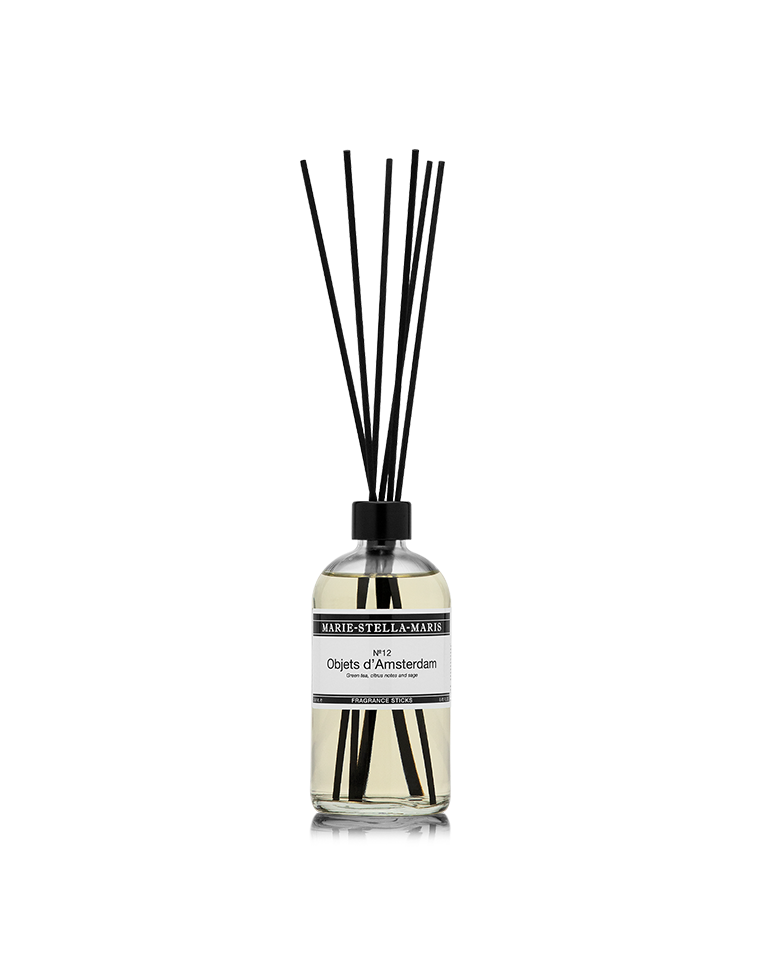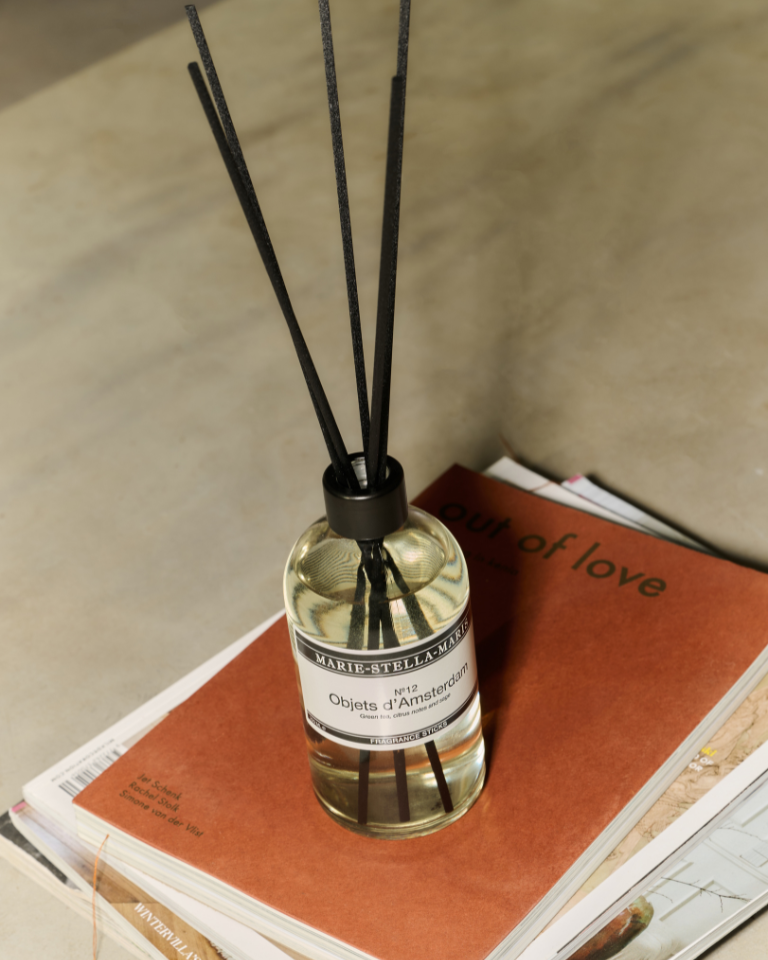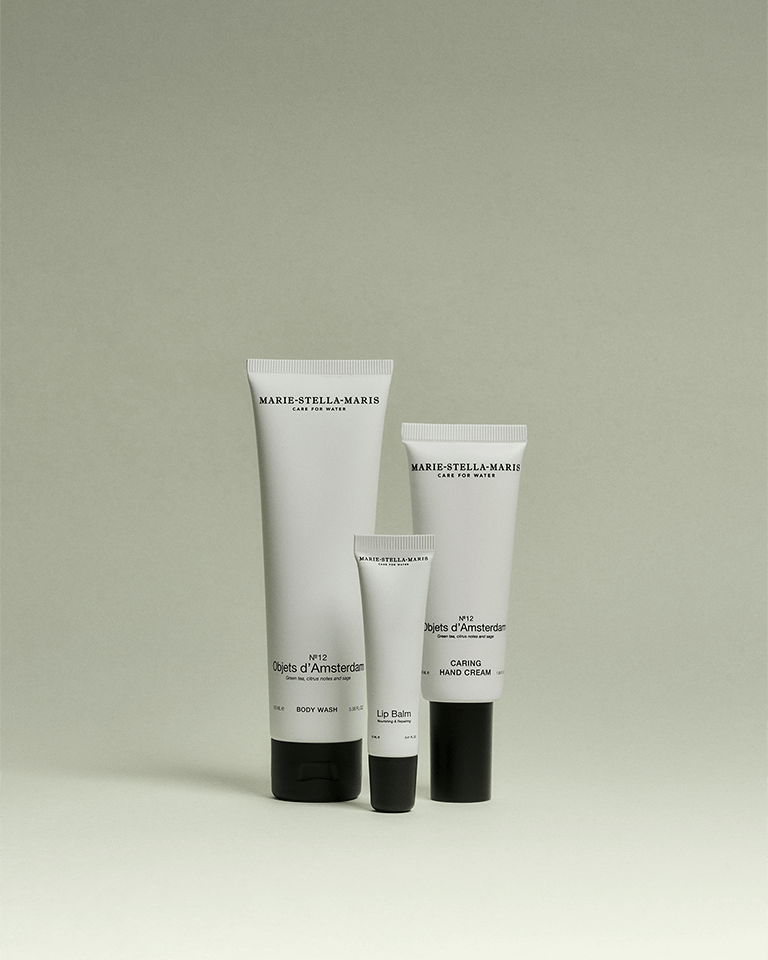Marie-Stella-Maris & Project Maji
Find out how your purchase makes an impact on sustainable water projects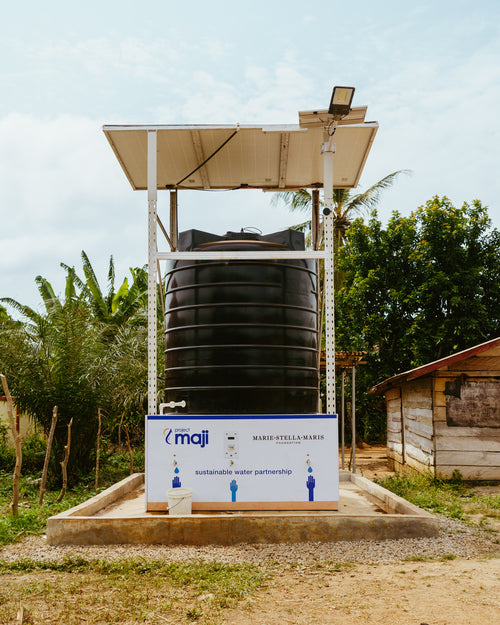
With every purchase at Marie-Stella-Maris, you contribute directly to sustainable water projects around the world. Through the Marie-Stella-Maris Foundation, we partner with organizations that make these water projects a reality. One of these partners is Project Maji: a non-profit organization providing communities in Sub Saharan Africa with sustainable, effective solar-powered water solutions.
We talked to Ama Yeborba Wilson, Community Manager at Project Maji in Ghana, about these water projects. Read on to find out how your purchase makes an impact.
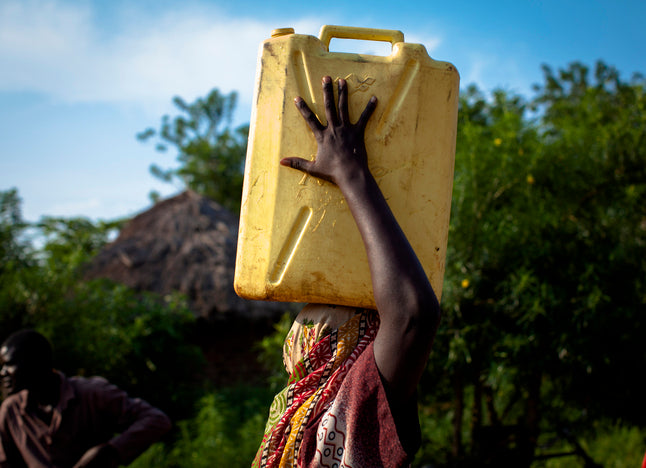
Can you briefly tell us who you are and what you do for Project Maji?
''My name is Ama Yeborba Wilson-Sarpong and I have been working at Project Maji since April 2019. I liaise with the local government to select potential sites for project installation, as well as achieving community awareness, community surveys and WASH (Water, Sanitation & Hygiene) trainings.''
What is Project Maji's mission and how will it be accomplished?
''Project Maji's mission is to provide sustainable sources of safe (potable) water to people in rural communities with water shortages. We achieve this by working closely with local governments, government agencies and other organizations that help identify communities.''
''Project Maji's mission is to provide people in rural communities with water shortages with sustainable sources of safe (potable) water.''
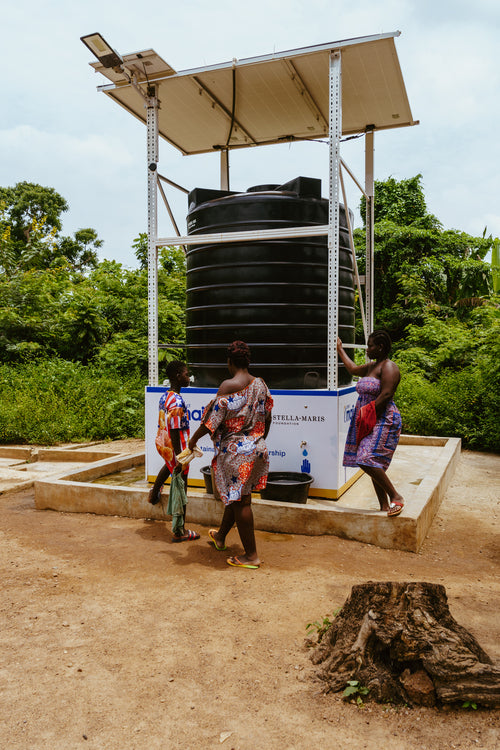
Can you tell us how the water points work and how these water points are sustainable?
''Project Maji offers different types of water points: from small to large and the availability to connect multiple water points together. The water points are solar powered and require no physical effort to deliver water, unlike manually operated wells.
Each water point has an e-payment system that comes with tokens. Each household receives a token. A community-appointed manager loads and distributes water credits to tokens for the sale of water.
The money generated from the sale of water credits is used to maintain the water points, repair damaged parts and carry out annual maintenance.''
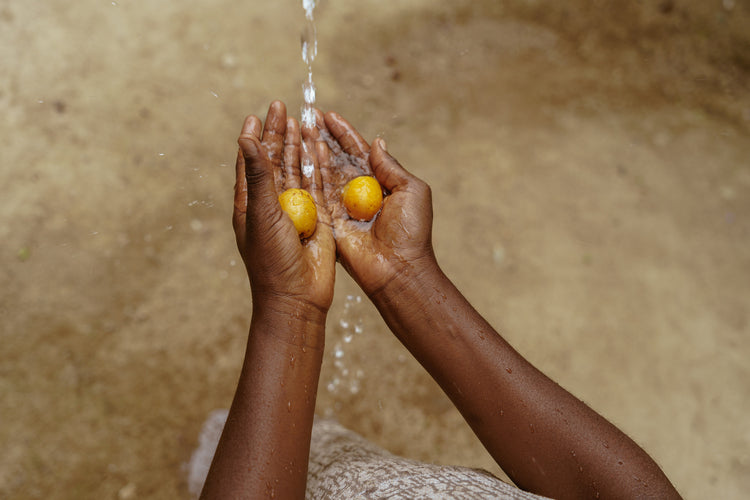
What impact do you see in the communities after the construction of the water points?
''We see that health and hygiene is increasing significantly. An example is the project in Liati Soba, which we implemented together with Marie-Stella-Maris . The community used to get water from the stream, which was unhygienic because they didn't filter the water before using it. But after installing the water point, now only safe, filtered water is taken from the water point.
We also see impact in children and education. The children no longer have to walk far to get water from the stream because of the many water points in the community. As a result, they don't have to be late to school or miss school altogether.''
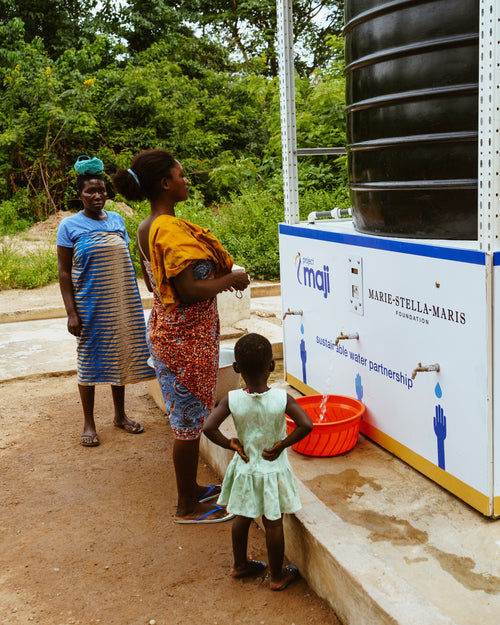
''Since women are responsible for providing water in the home, it was a huge burden for them when they did not have easy access to water and had to walk far to fetch water for domestic use. But after the installation of the water points, they no longer have to worry about that as water is available 24 hours a day.
By saving time from walking long distances and standing in line, people have enough time for other important activities, such as going to school or working on the farm. It has also created jobs for those assigned as administrators in the community.''


